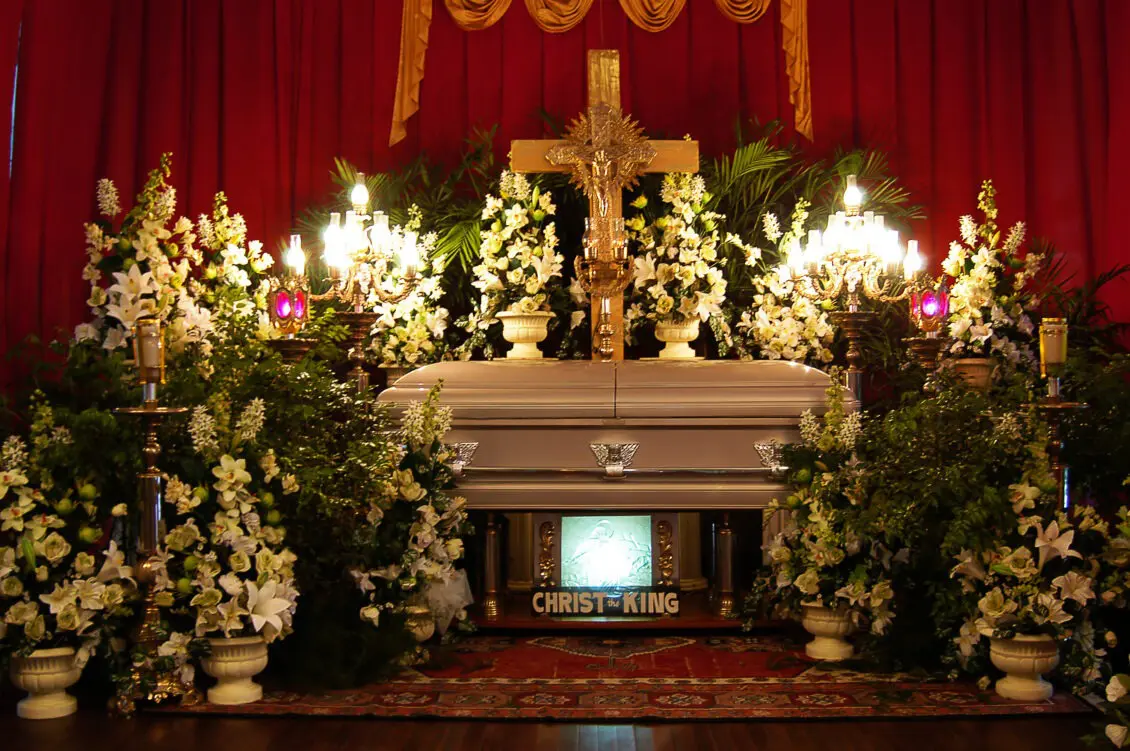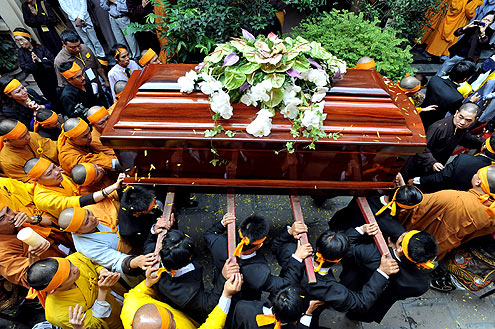Introduction
Dealing with the death of a loved one is a challenging and emotional experience. It’s essential to navigate this difficult time carefully to avoid common mistakes that can complicate the grieving process and potentially create legal and financial issues. This guide aims to highlight what not to do when someone dies, helping you manage the situation with clarity and respect.
Immediate Steps to Avoid
When someone passes away, the initial moments are crucial. Here are some immediate actions you should avoid:
Delaying Notification
One of the first steps after someone dies is notifying the appropriate authorities and family members. Delaying this step can lead to complications, such as legal issues or the spreading of misinformation.
-
- Notify the Authorities: Contact the local authorities or medical personnel to officially pronounce the death. This step is necessary for obtaining the death certificate, which is required for various legal and financial proceedings.
-
- Inform Family Members: Reach out to close family members and friends promptly. This helps ensure that everyone is aware and can make necessary arrangements or travel plans if needed.
Note: It’s essential to communicate with respect and sensitivity when notifying others of the death. Avoid sharing details on social media before the family is informed.
Ignoring Legal Procedures
Ignoring legal requirements can cause significant problems, including delays in settling the estate and potential legal disputes. Make sure to:
-
- Secure the Will: Locate the deceased’s will as soon as possible. The will outlines the deceased’s wishes regarding their estate and funeral arrangements.
-
- Appoint an Executor: If an executor is not already designated, the court will appoint one. The executor is responsible for managing the estate and ensuring that the deceased’s wishes are carried out.
For more guidance on managing these procedures, check out our article on Prepaid Funeral Plans
Financial Mistakes to Avoid
Financial decisions made during this time can have long-term implications. Here are some financial mistakes to avoid:
Using the Deceased’s Funds Prematurely
It’s important not to use the deceased’s bank accounts or credit cards until the estate is settled. Premature use of these funds can lead to legal complications and disputes among family members.
-
- Freeze the Accounts: Contact the bank and financial institutions to inform them of the death. This will help secure the assets and prevent unauthorized transactions.
-
- Paying Bills: While it’s important to keep up with the deceased’s bills, ensure that payments are made from the estate or by the executor.
Not Securing the Estate
Failing to secure the deceased’s assets can lead to theft, vandalism, or unauthorized use. Make sure to:
-
- Change the Locks: If necessary, change the locks on the deceased’s property to prevent unauthorized access.
-
- Inventory the Assets: Create a detailed inventory of the deceased’s assets, including personal belongings, real estate, and financial accounts.
.
Emotional and Personal Pitfalls
Grief can cloud judgment and lead to emotional and personal mistakes. Here are some pitfalls to avoid:
Avoid Making Major Decisions Hastily
During the grieving process, it’s crucial to avoid making significant decisions too quickly. This includes decisions about selling property, relocating, or making substantial financial investments.
-
- Take Time to Grieve: Allow yourself time to process your emotions before making major decisions.
-
- Seek Advice: Consult with family members, close friends, or professionals before making any significant changes.
Tip: Consider waiting at least a year before making major decisions to ensure that your choices are not influenced by grief.
Neglecting to Seek Support
Grieving is a personal process, but it’s important not to go through it alone. Avoid isolating yourself and seek support from friends, family, or support groups.
-
- Join a Support Group: Connecting with others who have experienced a similar loss can provide comfort and understanding.
-
- Professional Help: If you find it difficult to cope with your emotions, consider seeking help from a counselor or therapist.
For more information on navigating the grieving process, explore our Preparing for the Death of a Loved One guide
Conclusion
Losing a loved one is a difficult experience, and it’s easy to make mistakes during this challenging time. By being aware of what not to do when someone dies, you can avoid common pitfalls and ensure that you honor your loved one’s memory with dignity and respect.





